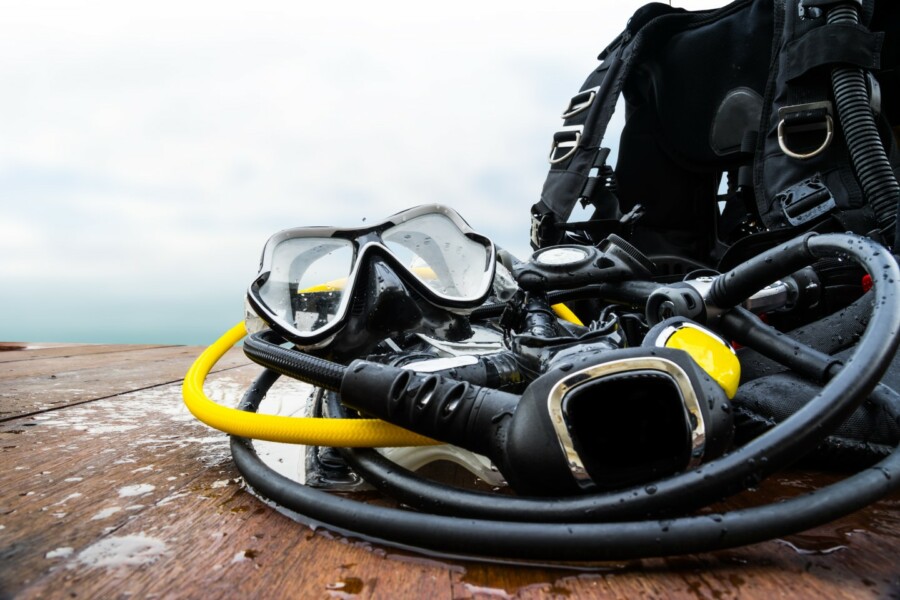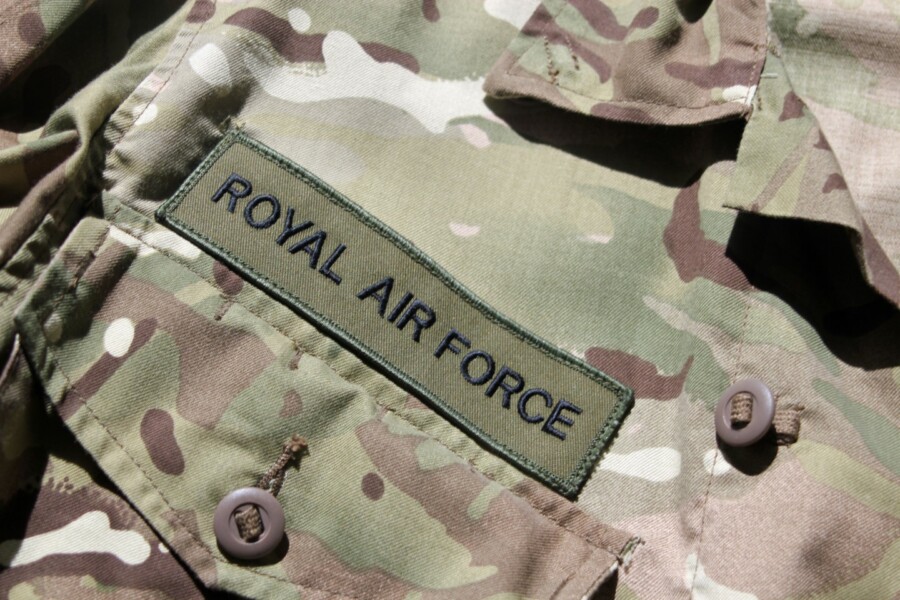Assault by military colleagues is particularly traumatic because of the loyalty that develops between military personnel, encouraged from Phase 1 training through to discharge. For many, their service is their family.
Our team of military claims experts knows that the effects of an assault often do not end with any physical injuries. Lasting damage can also be caused to both personal and professional lives, and we take this knowledge into consideration when seeking damages on behalf of our clients.
If you have been assaulted in the armed forces, please talk to us about making a claim for compensation. We usually offer a no-win, no-fee agreement and are very experienced in pursuing successful assault claims against the MoD. Contact us today.
What is assault?
When one person deliberately inflicts harm on another, this action is an assault. This harm often involves intentional physical contact without consent, but actual physical contact does not have to take place. A threatening gesture, or words, can amount to an assault if the victim reasonably believes they may come to harm.
Assault can include:
- Grievous bodily harm (GBH)
- Actual bodily harm
- Common assault
- Wounding
- Causing a person to believe immediate harm is imminent
- Indecent assault
- Sexual assault
Injuries suffered during, or after, an assault can be permanent and can lead to psychiatric injury, such as post-traumatic stress disorder (PTSD), depression or adjustment disorder. In the worst cases this can lead to the early termination of a military career, and may even have an impact on work and personal life once the victim has left the forces.
What to do after an assault
It takes courage to talk about such incidents within the military. However, assaults should be reported immediately to the duty officer and the civilian or military police authorities. Medical attention should also be sought immediately.
If an incident is reported to the Chain of Command and not directly to the police, the military only has a duty to refer ‘very serious crimes’ to the civilian or military police, these crimes include rape, murder and GBH.
As soon as an assault has happened, the victim should write down anything they can remember about the assault and what happened before it. If there were any witnesses it should be noted and their contact details obtained, if possible.
A criminal investigation into the incident should then begin. Consideration should also be given to filing a service complaint; there is a time limit of three months from the date of the incident for doing this.
The MoD should and usually does take claims such as assault very seriously. However, if a complaint has been ignored then the Chain of Command should be approached and the civilian police should be informed, if this has not happened already.
Bringing a civil claim
A civil claim for damages can often be brought even if the civilian or military authorities have decided not to bring a criminal prosecution.
This is because a criminal prosecution has to prove beyond reasonable doubt that a particular crime was committed. Sometimes, for any number of reasons, this strong standard of proof cannot be satisfied.
On the other hand, in a civilian court, it just needs to be shown that it is more likely than not that a crime was committed for a claim to succeed. A civilian claim can be brought:
- Against the assailant and/or
- Against his/her employer (whether military or civilian)
The military can often be held accountable for the acts of service personnel who assault their colleagues, whatever rank they may be, when the assault was associated with the assailant’s or victim’s duties.
A claim can also be brought with the Criminal Injuries Compensation Authority if the incident was reported to the civilian police – though a claim for personal injury will almost always result in a higher level of compensation.
Does bringing a claim harm military careers?
No. The assailant is always at fault. The military have made it clear on many occasions that assault in a military context is completely unacceptable. If a person were to suffer any disadvantage they would have legitimate grounds for a service complaint or legal action.
Military and civilian assault investigations
In general, the civilian and military police have the same rights to investigate and prosecute crimes. Usually, it is accepted that an assault in the military should be dealt with by the civilian criminal authorities, but there’s no obligation on the military authorities to hand over an investigation.
If the assault is committed abroad then the UK civilian authorities do NOT have authority to prosecute, but the military authorities do.
What other compensation is available?
After an assault, it is also possible to make a claim through the Armed Forces Compensation Scheme. It is important that claims are made in both the civil courts and through the AFCS.
Please note that compensation will not be awarded twice for the same injury, meaning any award received under the AFCS will be deducted from your civil claim.
There is generally a three-year time limit for personal injury claims, so you need to seek specialist advice as soon as possible.
Contact us now to discuss making a claim if you have suffered assault in the military.

















